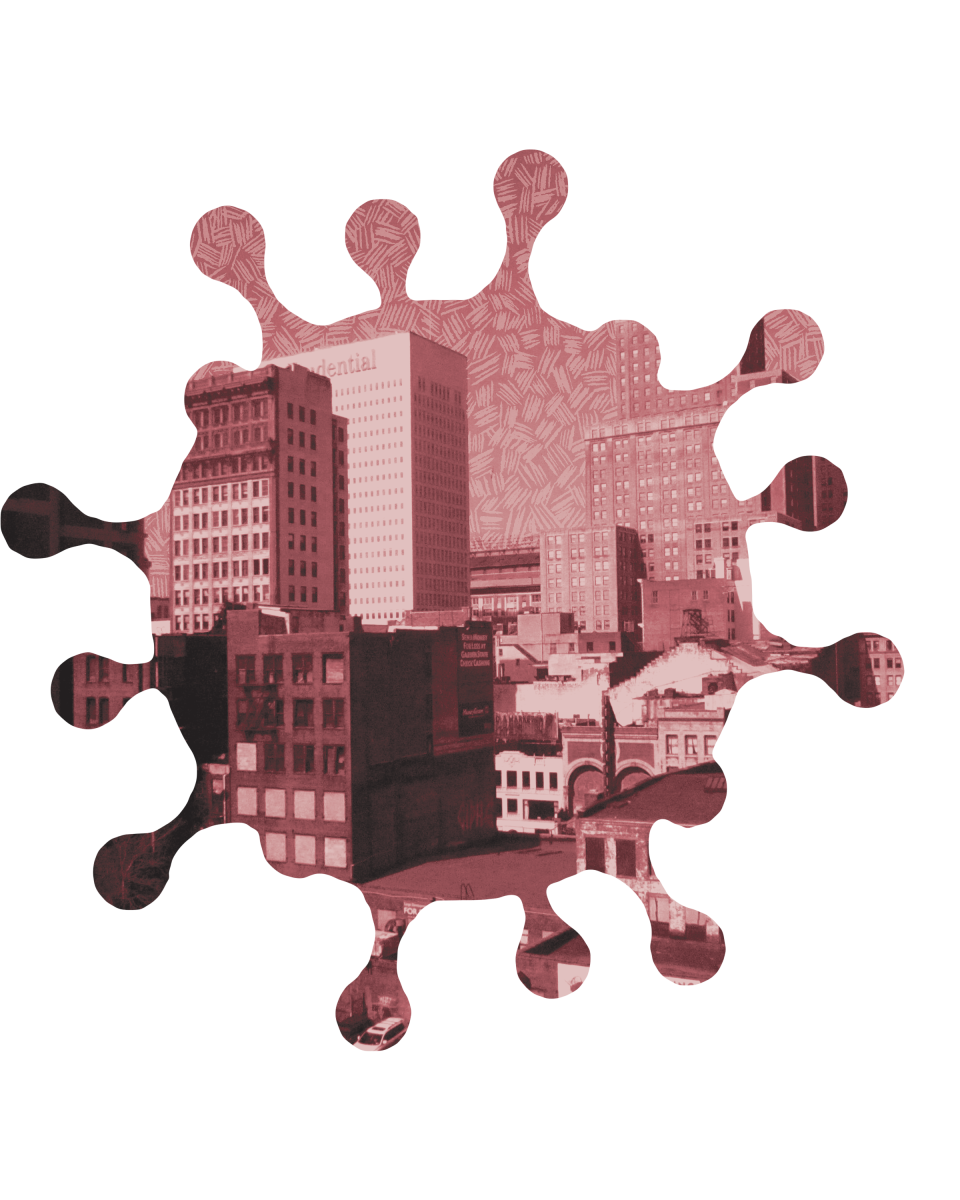On May 11, the public health emergency declared by the White House in January 2020 will expire after over three years of the COVID-19 pandemic. In February, the Biden administration announced that the policy will not be renewed. A state of national emergency will also expire on the same date.
During the period of the emergency, COVID-19 tests, vaccines, and treatments were mostly free, especially as these combative measures were refined. Once it expires, these will no longer be subsidized. This move has provoked controversy, as an average of over 500 Americans still die from COVID-19 or related complications daily. However, the Centers for Disease Control and Prevention estimates that over 90% of Americans have immunity due to vaccination or prior infections, preventing a surge in the winter of 2022 and lowering the risk of contracting the disease.
New Jersey’s state guidelines have also changed: although the Department of Health encourages all residents to get an updated booster vaccine dose, particularly those who are older than 65 or immunocompromised, this is no longer mandated. Vaccinations will continue to be available at no cost until May 11, including transportation to and from the vaccination site and home vaccinations for those who are housebound, regardless of immigration or insurance status. Additionally, all United States households are currently eligible for four free at-home COVID-19 tests.
New Jersey residents and workers have largely taken advantage of the free vaccination program, with over 8 million of the state’s 9.2 million residents having at least one dose of the vaccine since vaccination began in December 2020. The current state of COVID-19 is not emergent in the state; the transmission rate is currently around 0.95, suggesting that the number of cases is declining. In fact, New Jersey lifted its own public health emergency over a year ago, in March 2022.
When the federal public health emergency expires, the cost of vaccinations and treatment will be transferred to private insurance plans, government healthcare coverage such as Medicare and Medicaid, or patients themselves. In addition, COVID-19 testing may require payment: for those who are uninsured, the median cost is around $127 per PCR test. However, federal schemes such as the Vaccines for Children program will ensure vaccines at little to no cost for uninsured children.
COVID-19 tests and treatments, including the antiviral therapy Paxlovid, will remain free or very cheap for all United States Residents as long as the stockpile purchased by the federal government lasts. However, once this stock runs out, third-party manufacturers will sell them to healthcare providers. This may cause uninsured people to have to pay a higher cost for COVID-19 treatment and prevention.
NJIT’s neighboring university Rutgers-Newark announced changes to its Health and Safety policies, stating that although a vaccination requirement was still in place, those who had had a religious or medical exemption would no longer be required to get tested each week. As of March 21, NJIT has not changed the requirements for vaccinations; besides those with approved medical or religious exemptions, entering students are strongly recommended to submit proof of COVID-19 vaccination. Free clinics are often hosted in the Campus Center for students to receive a dose or booster.
The White House announced that the expiration of the public health emergency signifies a shift in the pandemic, now that there are approved diagnostic and treatment tools for COVID-19. The three-month period between this announcement and the actual expiration date is meant to create an orderly transition for millions of people dependent on the federal government’s programs for free or cheap treatment. In the upcoming months, the decision will have weighty consequences for the insured and uninsured.



























